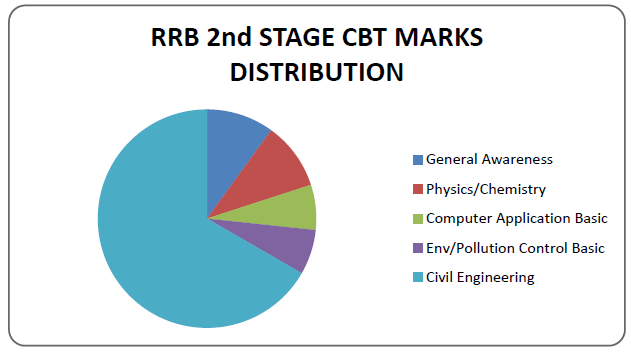क़ृषि आर्थिक सहायता।
कृषि आर्थिक सहायता के बारे में कुछ बिंदु निम्नवत हैं।
1. भारत मे 2018-19 में सरकार द्वारा विभिन्न मदों जैसे कि MSP के रेट पर खरीददारी करने , फ़र्टिलाइज़र पर सब्सिडी देने, कर्ज माफ करने में लगभग 2.56 लाख करोड़ रुपये खर्च किये गए। यह संख्या 2019-20 में लगभग 2.7 लाख करोड़ होने का अनुमान है
2. अगर कुल खेती योग्य भूमि के हिसाब से देखा जाए तो यह लगभग 19800 रुपये प्रति हेक्टेयर या प्रति 17 बीघा आता है। इसमें अगर हाल ही में बताए गए मझोले किसानों को दिए जाने वाले 6000 रुपये और जोड़ दिए जाएं तो यह लगभग 25800 प्रति हेक्टेयर या प्रति 17 बीघा हो जाती है।
3. किसान को दिए जाने वाले कर्ज का फायदा भी कोई और ही ले रहा है। 10.78 लाख का लोन RBI के हिसाब से 2016-17 में दिया गया था। ज्ञात हो कि यह लोन 4 प्रतिशत की दर से दिया जाता है वहीं पर आप दूसरे किसी तरह के लोन लेंगे तो वो 8 प्रतिशत से लेकर 15 प्रतिशत की दर पर दिए जाते हैं।
कुल लोग जिन्होंने लोन लिया था उनमे से केवल 40 प्रतिशत लोगों ने ही 2 लाख रुपये से कम का लोन लिया था।
13 प्रतिशत लोग ऐसे हैं जिन्होंने 1 करोड़ से अधिक का लोन लिया था।
ऊपर के 210 लोग ऐसे भी हैं जिन्होंने 100 करोड़ से ऊपर का लोन लिया हुआ है। ये लोग वेयरहाउस, कोल्ड स्टोरज इत्यादि के मालिक हैं। खेती सम्बन्धी लोन से सबसे ज्यादा कमाई तो यही लोग कर रहे है जो खेती से जुड़े किसी उद्योग में लगे हुए हैं।
अपने विचार नीचे दिए गए कॉमेंट बॉक्स मे लिखें।














